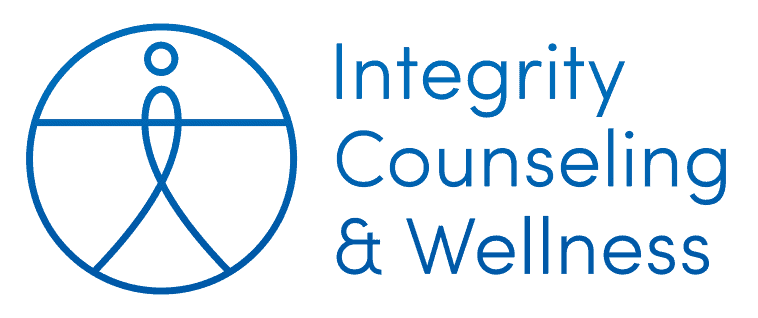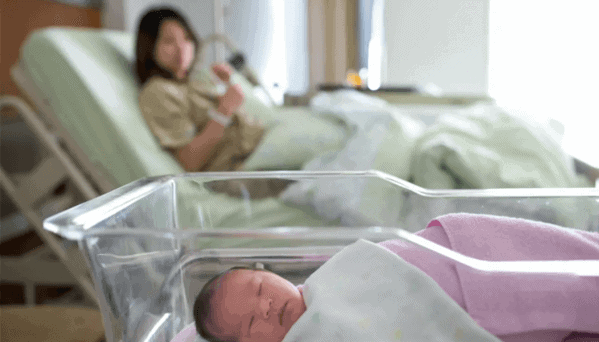Adjusting to motherhood can be a stressful time as you learn to care for your new baby. In addition to stress, many new moms also experience feelings of sadness, anxiety, fear, and depression.
These feelings are not unusual. In fact, the “baby blues” and postpartum depression are the most common problems that new mothers face. So, although you may feel alone, there are many others who have been through what you are now experiencing. Fortunately, there are steps to help you feel better, beginning with telling your primary care doctor or other healthcare provider.
One of the most important things to remember is that these feelings are NOT your fault. They are not a poor reflection on your character or your ability to be a mother. Postpartum depression is a diagnosable issue that can be treated. Keeping that in mind, let’s take a look at what postpartum depression really is…
What is Postpartum Depression?
Also called postnatal depression, postpartum depression (PPD) is defined as feeling sad, emotionless, empty, or hopeless for two weeks or longer. It’s important not to confuse PPD with the “baby blues.” Although, the two are very similar in the signs and symptoms, the important differentiation is in how long the symptoms persist.
These changes in mood can often be attributed to the fact that your body experiences a significant drop in estrogen and progesterone right after your baby is born. These hormone shifts can also lead to a drop in serotonin, which can then lead to depression.
If left untreated, PPD can last for months or longer. Although each individual is a bit different, there are some signs to look for that can help you determine whether you’re feeling something more than just the “baby blues”.
Signs and Symptoms of Postpartum Depression
Postpartum depression typically begins to develop within the first few weeks after giving birth, but you can start to experience symptoms while you’re still pregnant or even up to a year after your baby is born.
Signs and symptoms of PPD can vary from person to person, but here are the things that you should be on the lookout for:
- Depressed mood, including reduced interest or pleasure in activities you used to enjoy
- Difficulty forming a bond or connection with your baby
- Severe mood swings, anxiety, or panic attacks
- Excessive crying or emotional outbursts
- Trouble thinking clearly, concentrating, or making decisions
- Withdrawing from your family and friends
- Change in sleep patterns leading to insomnia or sleeping too much
- Overwhelming fatigue, loss of energy, or feeling hopeless
- Intense irritability and anger
- Feelings of worthlessness, shame, guilt, inadequacy, or fear that you aren’t a good mother
- Recurrent doubts about your abilities as a mother
- Loss of appetite or eating much more than usual
- Thoughts of harming yourself or your baby*
- Thoughts of suicide*
*If you experience either of these symptoms, seek help immediately.
How PPD Affects Your Baby
Women who experience postpartum depression often find it hard to take care of themselves and their babies. Depressed mood, one of the symptoms of PPD, can cause a lack of energy and motivation, and you may feel like laying in bed all day instead of spending time with your newborn. Women struggling with PPD also report difficulty with breastfeeding, which can interfere with the critical bond between a mother and child.
When you feel sad, depressed, and anxious, it may feel hard to leave the house. This causes some women to skip the necessary checkups for their infant. It can also make it harder to follow the advice that you receive from your healthcare provider.
How to Treat PPD
It’s important to call your doctor or therapist as soon as possible if your symptoms don’t fade after two weeks, seem to be getting worse, or affect your ability to care for yourself and your baby.
As mentioned before, if you have thoughts of harming yourself or your baby, seek immediate help. You can call your primary care provider, talk to a mental health provider, or even access help from the National Suicide Prevention Lifeline by calling 1-800-273-TALK (1-800-273-8255) or using their webchat on suicidepreventionlifeline.org/chat.
PPD can be treated by both medication and talk therapy. If you’re in Holly Springs, Cary, or the surrounding North Carolina communities, please reach out to us at Integrity Counseling & Wellness. Contact us today at (919) 379-5788 or admin@counselingintegrity.com for more information about how we can help you get back to feeling like yourself again, so that you and your baby can have a brighter future.

